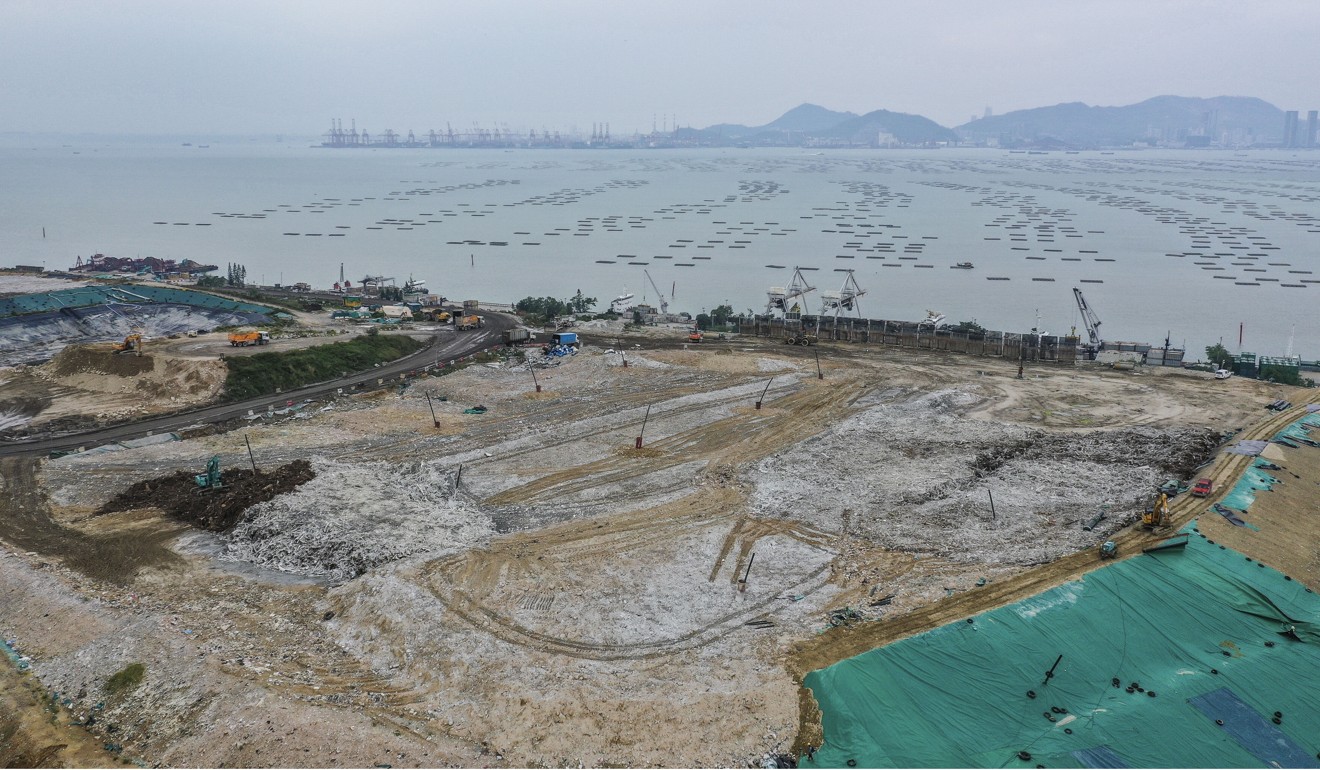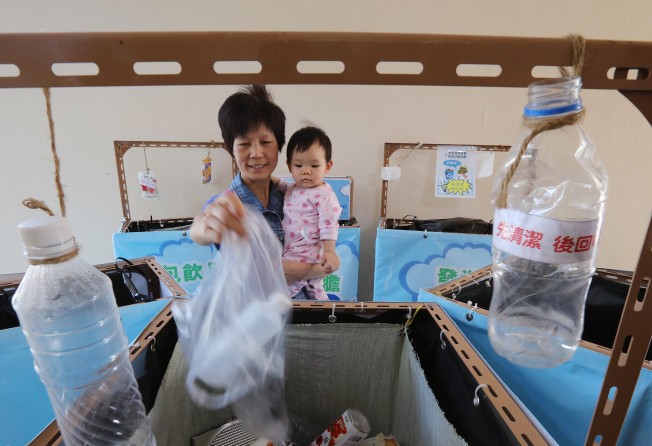
Korea, Japan and Taiwan have waste under control, why must Hong Kong drag its feet?

I am writing in response to the article, “City 20 years behind Seoul and Taipei on waste reduction, official says” (November 5). I am surprised that, despite Hong Kong already lagging behind other Asian cities, the government announced that the implementation of the scheme would be delayed to late 2020.
I understand that the government needs to do a lot of research before implementation of the waste charging scheme, and ensure its collaboration with the recycling companies and others can proceed smoothly. But a delay is not a good idea because, firstly, Hong Kong has dithered over this environmental issue for a long time. As you reported, Taipei has been charging for municipal waste since 2000, and Seoul since 1995, and have seen a 30 per cent reduction in waste. It is nearly the end of 2018, and Hong Kong is still dragging its feet on this.
Secondly, in 2020, the landfill sites will become nearly full. Earlier implementation would help extend the lifespan of the landfill sites.

The government should appeal to the environmental awareness of the people, apart from devising ways to recycle and reduce waste. China earlier this year implemented restrictions on the kinds of waste it would import. So Hongkongers must be more particular about how they categorise their waste, so that it can be readily accepted by recycling firms. In Japan, people recycle most of their rubbish; they categorise waste methodically for efficient and “pure” recycling. This makes recycling firms more willing to process their rubbish. But in Hong Kong, there are mainly just three kinds of recycling bins.
Also, most people do not know what to do before discarding their recyclable rubbish in the bins. So they may discard plastic bottles without washing or tearing the packaging, so that the recyclable waste is of low purity.
In view of all this, the mandatory waste-charging scheme should be implemented as early as possible, along with a campaign push to make people more aware of better waste management and recycling.
Rainbow Or, Hang Hau